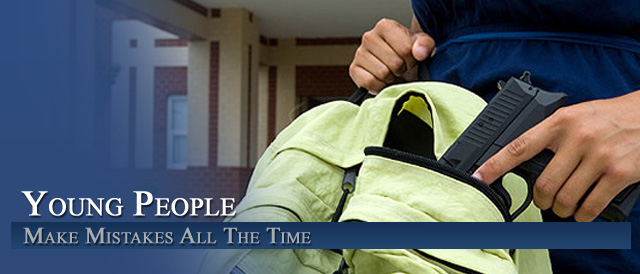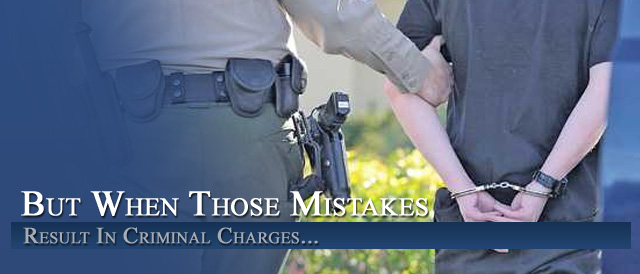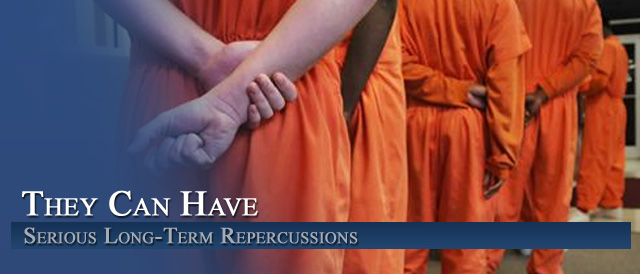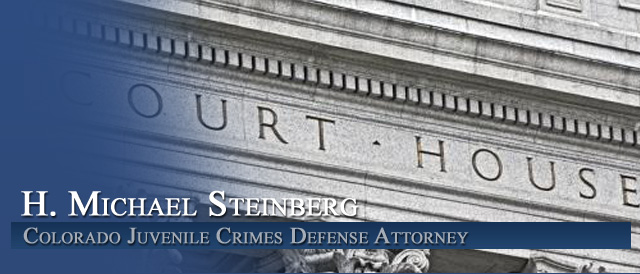




Juveniles Committed to Department of Human Services – Evaluation and Placement 19-2-922
As a former Senior – Career Arapahoe – Douglas County District Attorney – in his13 years (1984 – 1997) years as a prosecutor – H. Michael was assigned to the prosecution of hundreds of juvenile prosecutions. As a Colorado Criminal Defense Lawyer for the last 16 years (1997 – 2013) – he has successfully handled hundreds more juvenile cases.
Juvenile criminal defense lawyers must be specialized in this area and must have specialized training and experience to be effective on behalf of their clients… essentially just children. Because Juvenile Court is different than adult court – an experienced lawyer in adult may be incompetent to practice in juvenile court.
Where your child’s freedom and future is at stake…go with experience every time.
Here is the statute referenced in the article that linked you to this page:
19-2-922. Juveniles committed to department of human services – evaluation and placement
(1) (a) Each juvenile committed to the custody of the department of human services shall be examined and evaluated by the department prior to institutional placement or other disposition.
(b) Such evaluation and examination shall be conducted at a detention facility and shall be completed within thirty days. The department of human services may, by rule, determine the extent and scope of the evaluation and examination. To the extent possible and relevant, the evidence, reports, examination, studies, and other materials utilized in a sentencing hearing conducted under section 19-2-906 shall also be utilized in evaluation and examination conducted under this section. The provisions of this paragraph (b) shall not apply to examination and evaluation conducted pursuant to section 19-2-923 (1).
(c) The examination and evaluation shall include the use of an objective risk assessment that is based upon researched factors that correlate to a risk to the community. The results of the objective risk assessment shall be used to help identify treatment services for the juvenile during his or her commitment and the period of parole supervision.
(2) Each juvenile shall then be placed by the department in the appropriate state institution or facility or placed as provided in section 19-2-409 or 19-2-410, as indicated by the examination and evaluation.
(3) (a) When the department of human services determines that a juvenile requires placement in a state facility for children with developmental disabilities, as defined in article 10.5 of title 27, C.R.S., it shall initiate proceedings under article 10.5 of title 27, C.R.S., and notify the court thereof.
(b) (I) When the department of human services determines that a juvenile may require treatment for mental illness, it shall conduct or have a mental health professional conduct a mental health hospital placement prescreening on the juvenile.
(II) If the mental health hospital placement prescreening report recommends that the juvenile be evaluated, the juvenile may be transferred to a mental health facility operated by the department of human services for such evaluation.
(III) If the evaluation report states that the juvenile has a mental illness, as provided in sections 27-65-105 and 27-65-106, C.R.S., the department of human services shall initiate proceedings under article 65 of title 27, C.R.S., and notify the court thereof
Other Articles of Interest:
- Juveniles Committed to Department of Human Services – Transfers 19-2-923
- Sentencing – Placement Based on Special Needs of the Juvenile 19-2-916
- Sentencing Schedule – Options 19-2-907
- Juvenile Community Review Board 19-2-210
- Juveniles Committed to Department of Human Services – Emergency Release 19-2-924












